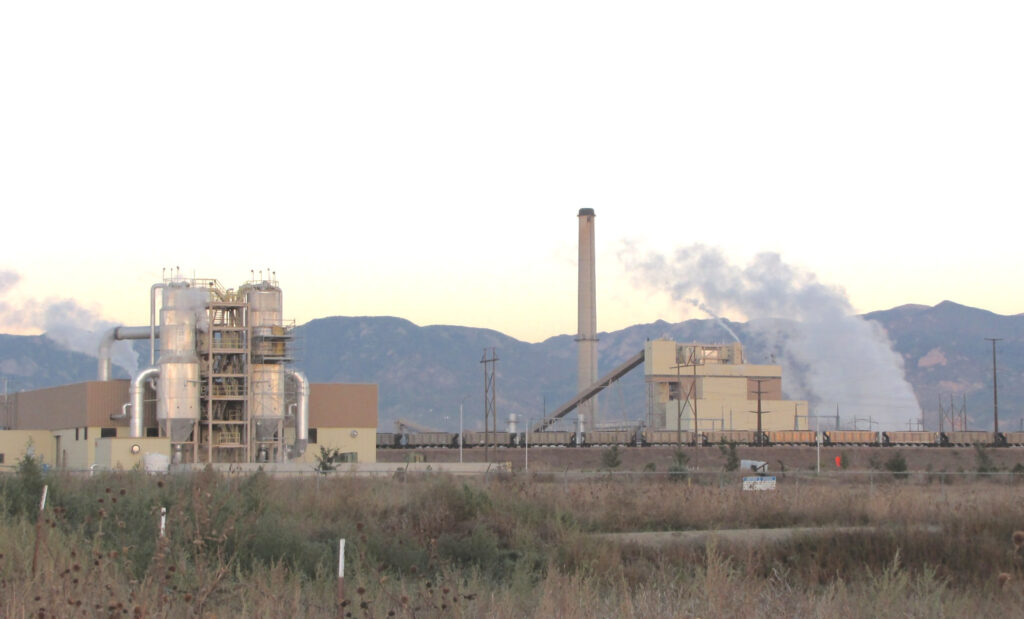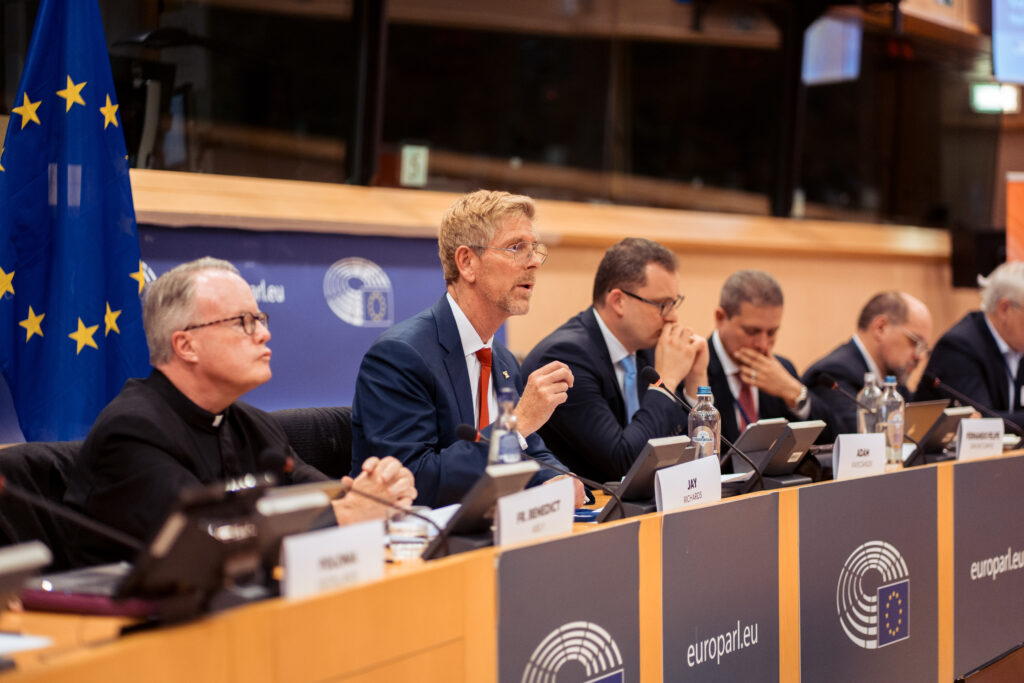Watch the skeptics hop all over this one!
Researchers at the Max Planck Institute in Germany recently published findings indicating that plants are responsible for between 10 and 30 percent of the methane found in the atmosphere.
Methane is a major greenhouse gas. Far more powerful than carbon dioxide, it traps in more heat per molecule. The good news is that methane generally settles out within a matter of months – while CO2 stays up in the atmosphere for about 100 years.
While atmospheric methane has long been known to come from rotting plants, trees, animals and landfills, the new findings indicate that it is also emitted by living plants as well as detached leaves.
This certainly complicates the role of vegetation in climate dynamics. Trees and plants absorb CO2 – therefore reducing the amount of heat-trapping carbon in the atmosphere. But since they also emit methane, they may be contributing to the warming at the same time.
How could any respectable skeptic NOT use that complication to sew a whole new plantation of confusion?
Expect to hear statements like this. “If plants are causing global warming, why should we worry about power plants and cars? There are far more trees in the world than there are coal-burning power plants.”
Then, of course, there is the truth.
We are seeing more methane in the atmosphere because, among other reasons, we are seeing more plant growth.
We are seeing more plant growth because the world’s vegetation is being hyper-fertilized by the escalating amounts of atmospheric carbon dioxide from our burning of coal and oil – which, today, amounts to about
7 billion tons a year. We are also seeing more robust vegetation growth because we are living in a wetter world – a direct consequence of climate change.
(As the atmosphere warms, it accelerates the evaporation of surface waters. It also expands the air to hold more water. Since we are ramping up the planet’s hydrological cycle with our man-made carbon “steroids”, that is leading to more intense downpours around the planet.
Parenthetically, it is also redistributing the moisture in the atmosphere so as to cause more prolonged droughts).
No one said this stuff was easy.
Except the professional greenhouse skeptics – who will shortly be flooding the media with pronouncements that we should proceed with all deliberate speed to cut down the world’s remaining forests, pave over its grasslands and clear-cut the redwood stands to make room for more pipelines – to save us all from global warming.
And to think – they’ve wasted so much energy on character assassination targeting leading climate scientists when, all this time, they should have been taking aim at the real villain – Johnny Appleseed.
Subscribe to our newsletter
Stay up to date with DeSmog news and alerts





